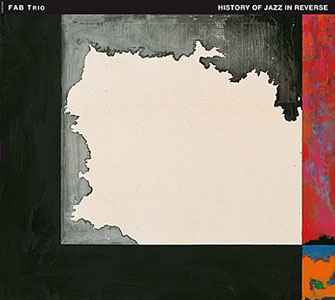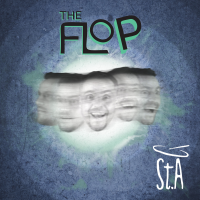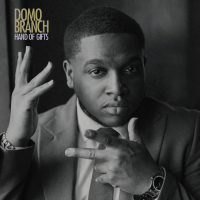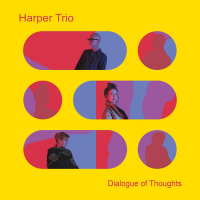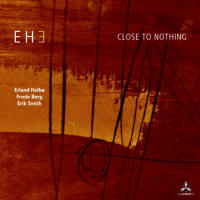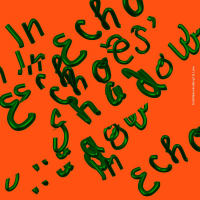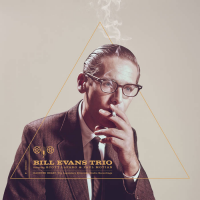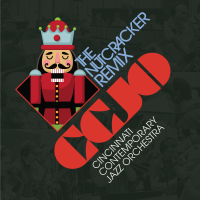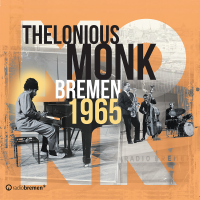Home » Jazz Articles » Album Review » FAB Trio: History of Jazz In Reverse
FAB Trio: History of Jazz In Reverse
History of Jazz In Reverse, Bang's final recording with the FAB Trio and the group's fifth CD overall, is one of the late violinist's finest performances. Largely improvised, the music nevertheless imparts a very strong sense of focus—the sound of three master musicians really listening to each other.
Bang's partners in the FAB Trio are bassist Joe Fonda and drummer Barry Altschul—veteran musicians whose careers have been spent primarily in the modern jazz arena. Altschul is best known for his genre-defining work during the 1970s with Chick Corea, David Holland, Anthony Braxton, Sam Rivers, and Paul Bley. Fonda, a product of the New Haven jazz scene along with Anthony Davis, Wadada Leo Smith, and Gerry Hemingway, has also worked with Braxton.
Here, Bang's sound is full and rich, almost triumphant. On "Homeward Bound," he comes out swinging, firing off darting laser-sharp lines over the roiling rhythm section. Fonda's bass sings like Charlie Haden's did on Ornette Coleman's "Lonely Woman," before he breaks out into a thunderous, unaccompanied solo. Altschul is also at the top of his game, as indicated by his solos on "Homeward Bound" and "From Here To There," the latter moving from a spacious, well-paced drum solo into an absolutely volcanic 180+ beats-per-minute jam that has Bang sawing away like a jazz Paganini. Altschul's take on the second line rhythm provides the reference point for "From the Waters of New Orleans." While the rhythm section has a funky party, Bang ekes some really unusual harmonies out of the violin that give the piece a dark, mysterious edge.
Textural, conversational improvisations are also part of the FAB Trio palette. "Implications" starts out in Art Ensemble Of Chicago mode, with each member of the trio exploring the timbral range of their respective instruments. Surprisingly, Fonda and Altschul converge on an angular 4/4 funk rhythm, as Bang's delicate pizzicato dances on top.
The title track finds the trio in a particularly interactive mode—each member playing fragments of lines, carefully spaced or overlain—before Bang takes up a melody that sounds like a field holler or gospel lament. The trio gradually moves towards a moderate tempo swagger as Bang continues to improvise; listening to this is almost like watching a flower open in real time. Beautiful!
Track Listing
Homeward Bound; Implications; For Bea; From Here to There; Chan Chan; History of Jazz In Reverse; One for Don Cherry; From the Waters of New Orleans
Personnel
Billy Bang: violin; Barry Altschul: drums; Joe Fonda: bass
Album information
Title: History Of Jazz In Reverse | Year Released: 2011 | Record Label: TUM Records
Tags
PREVIOUS / NEXT
Support All About Jazz
 All About Jazz has been a pillar of jazz since 1995, championing it as an art form and, more importantly, supporting the musicians who make it. Our enduring commitment has made "AAJ" one of the most culturally important websites of its kind, read by hundreds of thousands of fans, musicians and industry figures every month.
All About Jazz has been a pillar of jazz since 1995, championing it as an art form and, more importantly, supporting the musicians who make it. Our enduring commitment has made "AAJ" one of the most culturally important websites of its kind, read by hundreds of thousands of fans, musicians and industry figures every month.


